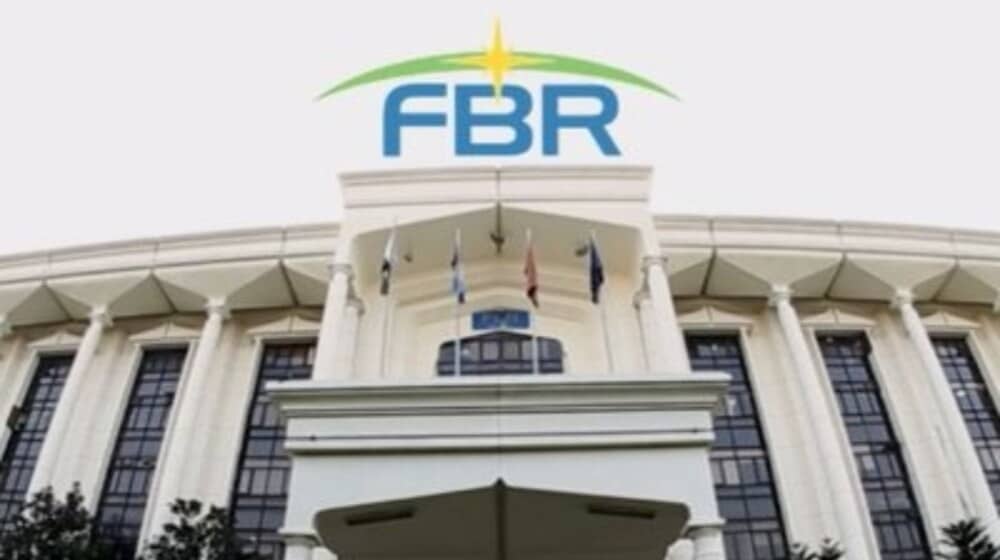The Federal Board of Revenue (FBR) has admitted that there is a lack of clarity and ownership among the tax machinery on the issue of expanding the tax net (Broadening the tax base).
The FBR report (Stakeholder Engagement Plan) issued under the World Bank-funded Pakistan Raises Revenue Project (PRRP) disclosed that the FBR cannot work in isolation, and their work is contingent on cooperation and support from other agencies such as the Excise and Taxation Department, NADRA, CDA, etc.
There is a need to streamline the systems to engage in seamless data sharing (among different entities). Enforcement, presence, and outreach are critical issues. FBR should follow through on policies not change them frequently and be consistent about enforcement. Broadening the tax base is one of the objectives of reforms, as the FBR is not achieving results with the current system.
The phrase “broadening the tax base” is often used in Pakistan in the context of an extremely narrow base of income tax and refers to the idea of spreading it out over all potential sources. It would be more productive and would add value if the BTB function is based on territorial jurisdiction for collecting new cases and increasing the tax net.
At present there is a lack of clarity and ownership. Due diligence and procedure are required for taxpayer mapping and field surveys to identify potential taxpayers before bringing them into the tax net. In terms of the work process structure, initially, there was a Circle-based system, under which, each Circle was responsible for closely monitoring the performance of all taxpayers falling within its territorial jurisdiction.
The officer in-charge was entrusted with all the responsibilities of maintenance of records, receipt, and enforcement of income tax returns/statements, conducting audit and assessment, recovery of taxes, filing of appeals at various appellate fora, issuance of refunds, and assisting the Commissioner in the issuance of exemption certificates. Since all the work was the responsibility of one person, there was a unity of command, a better understanding of issues, and a sense of ownership among the tax officials.
In 2000, it became function-based, in which there was a lack of ownership and officers did not know anything outside their function. The system has now introduced a “composite system” broadly similar to the comprising work units, the jurisdiction of which is by and large based on “territorial” specifications, and the work is entrusted to one person.
Hence IRS is organized along tax instruments, territorial jurisdictions, and taxpayer segments (e.g. Large Taxpayer Offices) rather than functions, for instance, taxpayer registration, assessment, and tax audit. This aspect of the Organization may be explored further through consultations as it has implications for the efficiency of work processes and would impact the reform agenda of the project. FBR has been integrated with NADRA and SECP, in particular about registration of taxpayers and the ease of doing business. Under the One Window Operations Policy, people can obtain their NTN from SECP, FBR concluded.






















